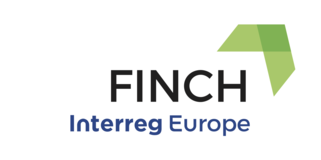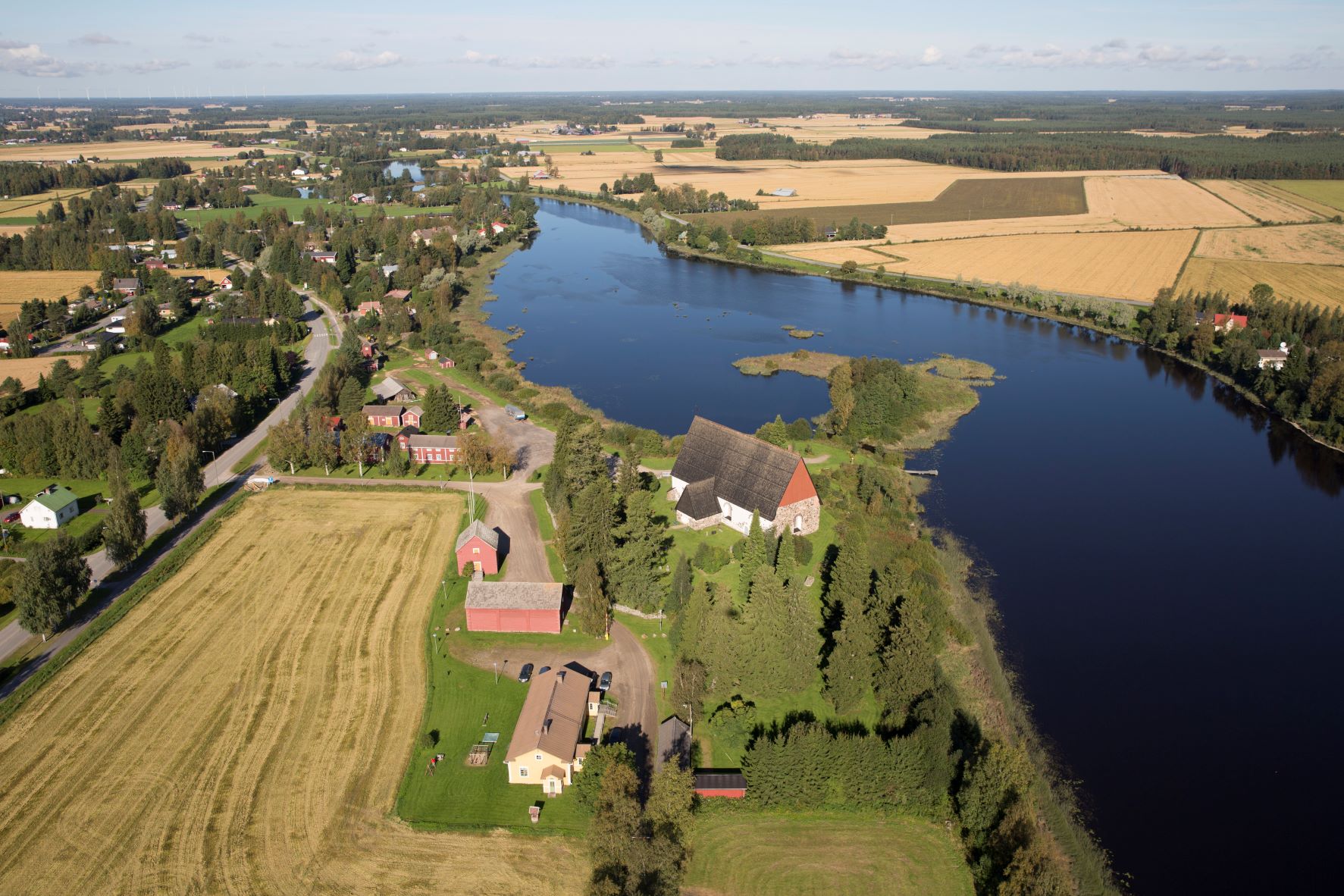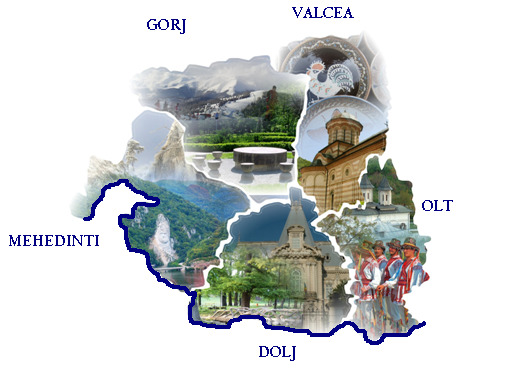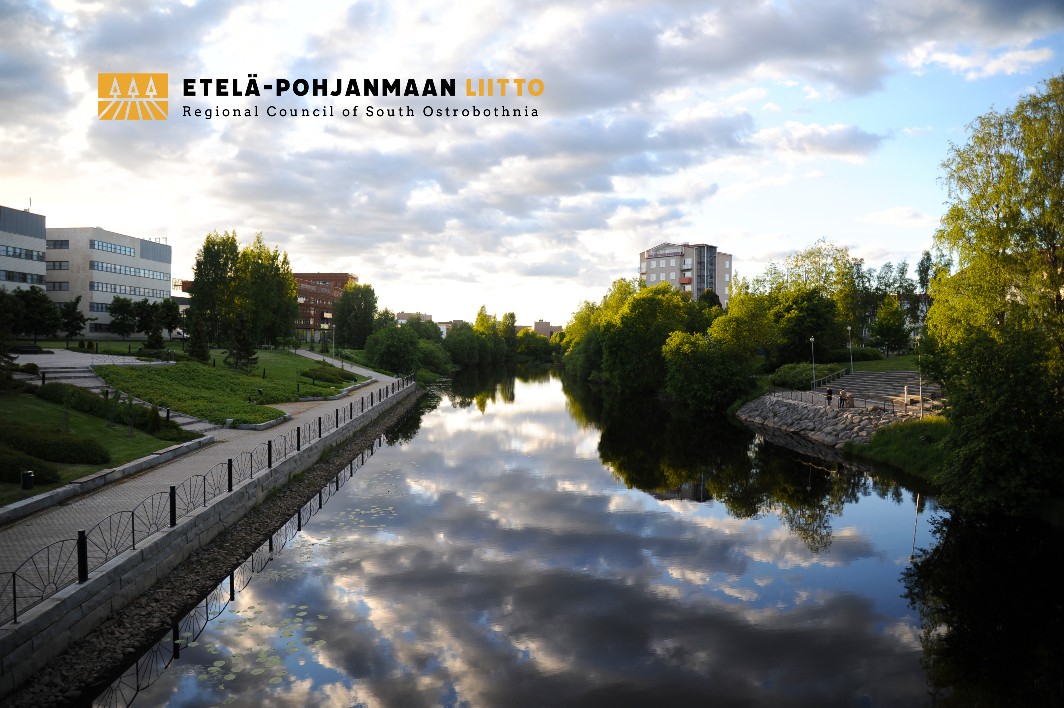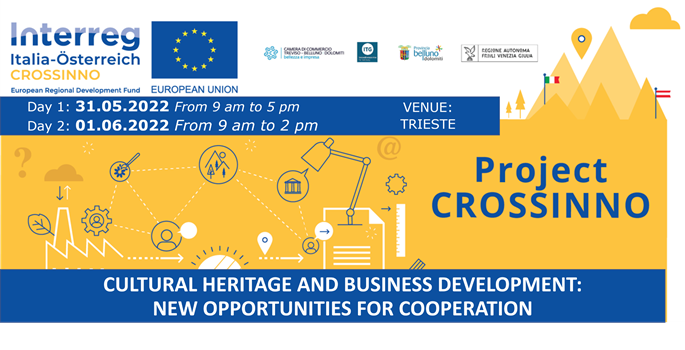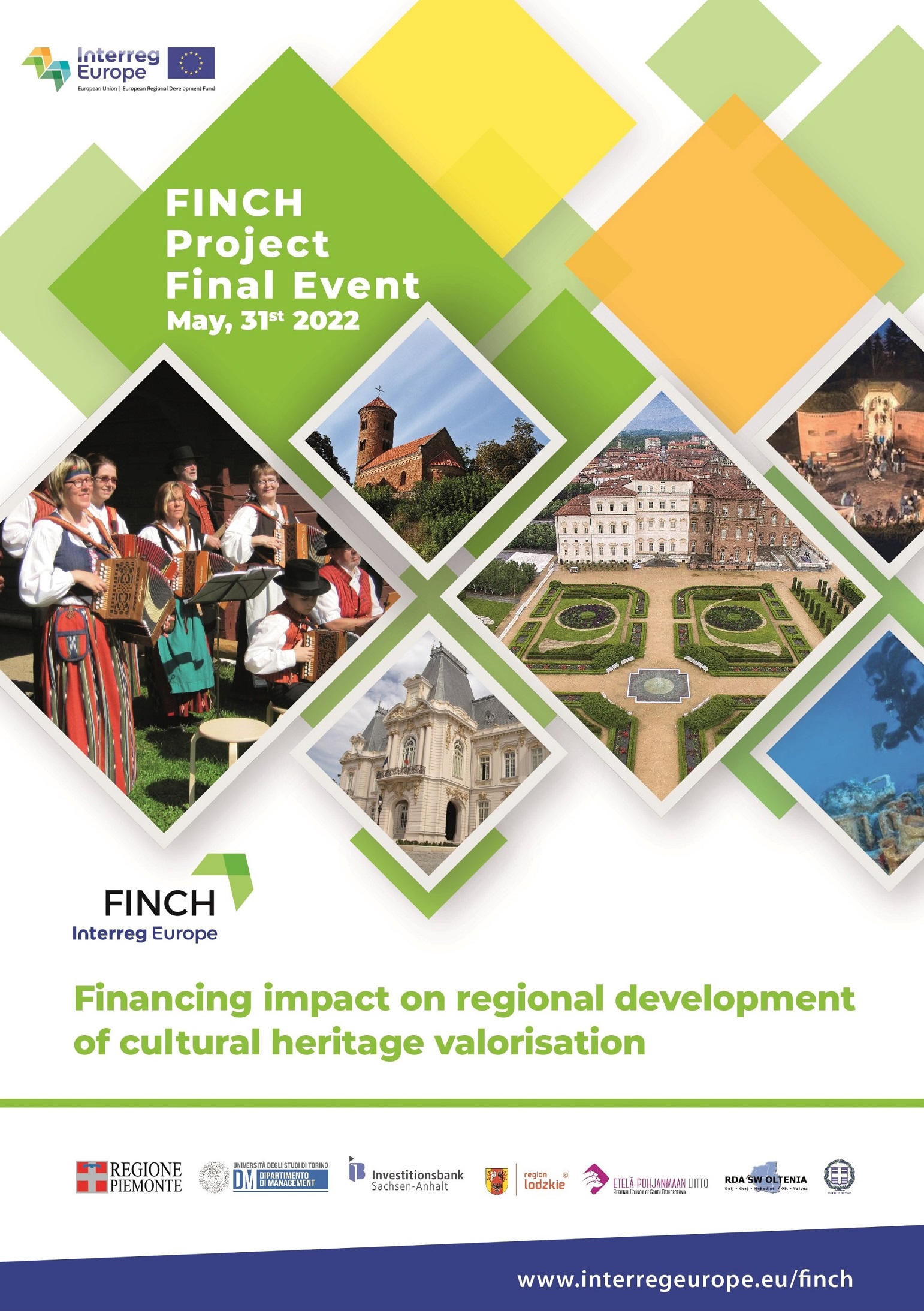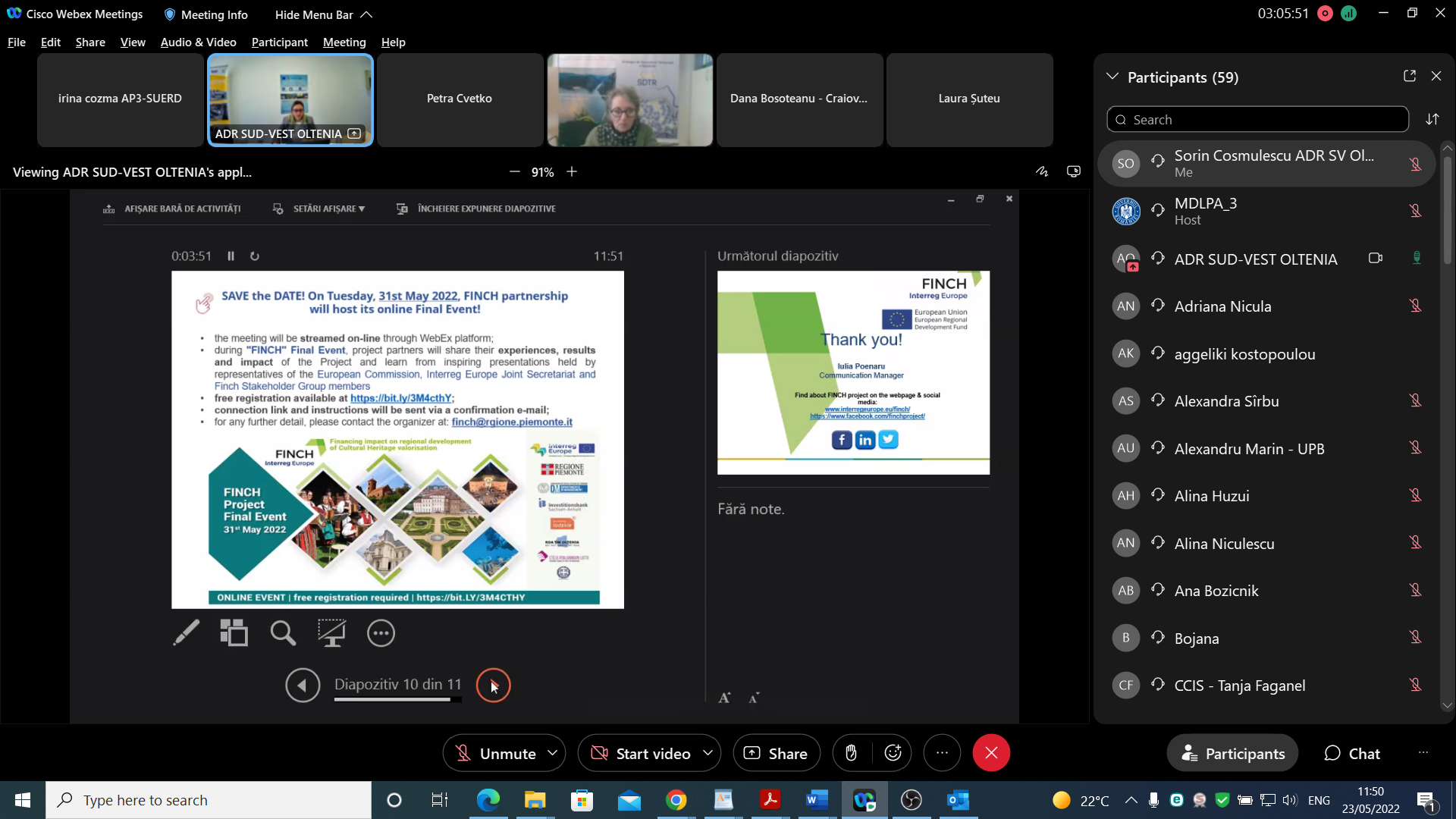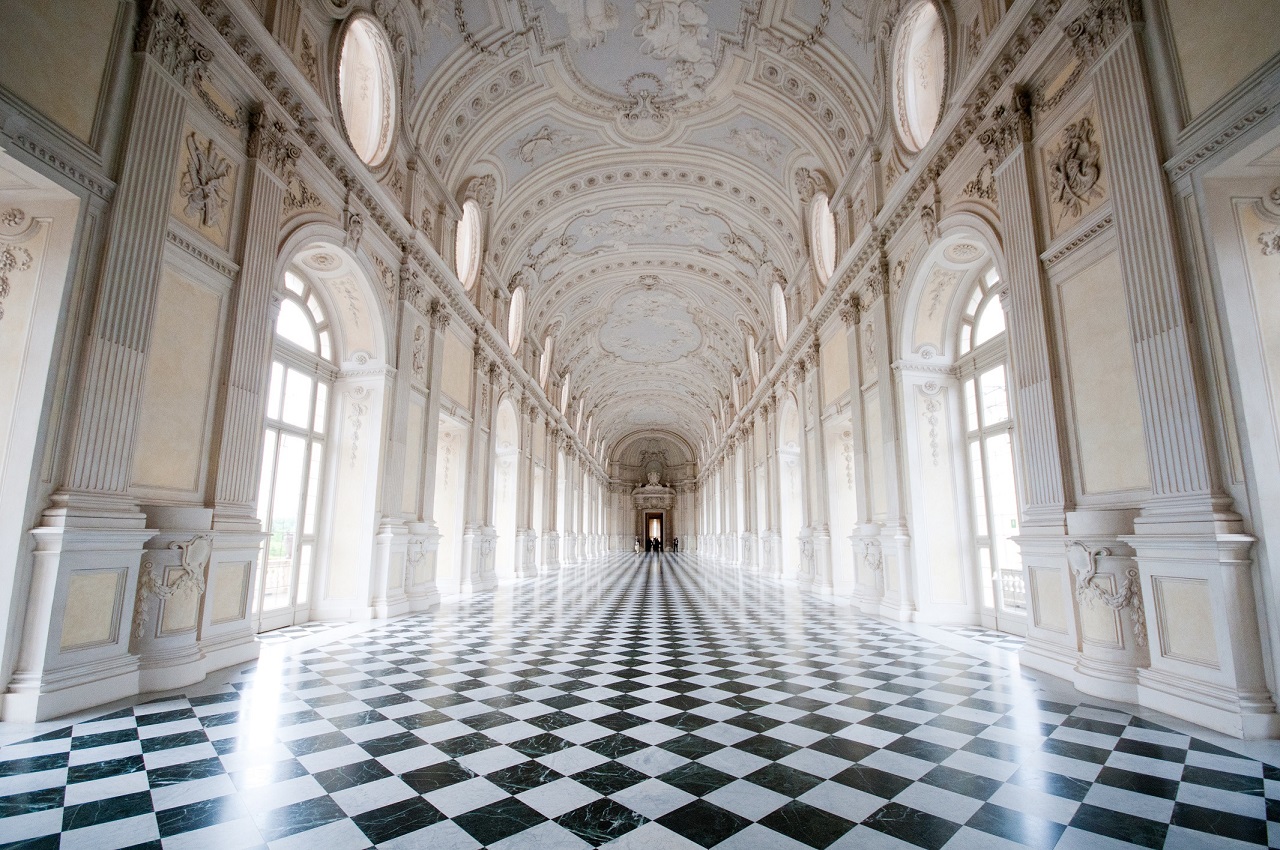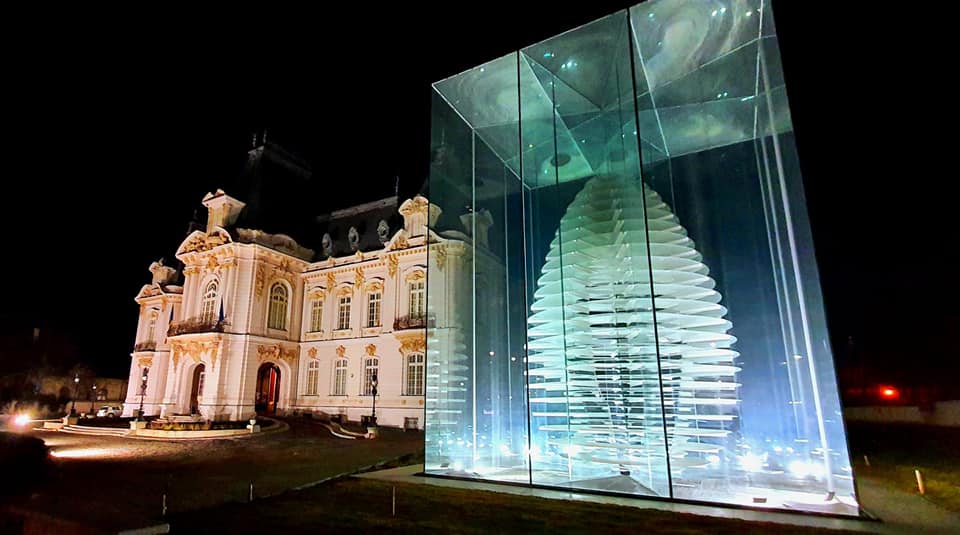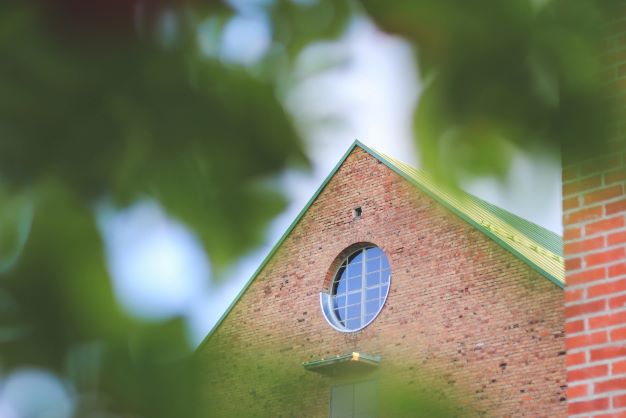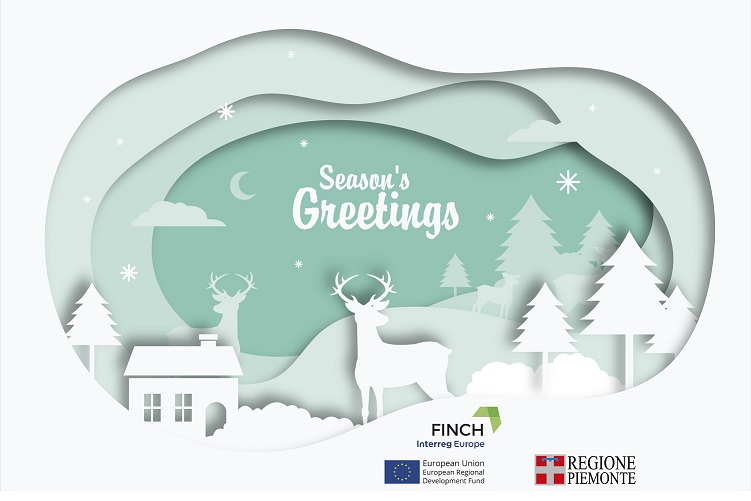The 3rd Italian Regional Stakeholders Group meeting took place in Torino (Italy) at Regione Piemonte headquarter on the 26th November 2019 to share feedbacks related to the last 6 months of project activities as well as other insights relevant to Crowdunding and PPP for Culture.
The 15 attendees – representing 5 institutions and 2 Finch italian partners – interacted promptly and actively during the meeting, that resulted particularly interesting and characterised by focused and inspired contributes.
The meeting agenda - as planned by the Lead Partner, Regione Piemonte - included:
- an introduction by "Fondazione Museo delle Antichità Egizie di Torino", the latest institution that joined Finch Project Stakeholder partnership; this Foundation - established in Torino in 2004 - is the first Italian example of private participation to the management of a public cultural heritage institution, the “Museo Egizio” - world’s oldest Egyptian museum.
- an intervention made by a newly invited institution: “Fondazione Fitzcarraldo” - an independent centre for planning, research, training and documentation on cultural, arts and media management, economics and policies; the speech also included PPP concrete examples applied to cultural valorisation in Piedmont and Italy;
- exposition of the practices experienced and peer reviewed during the latest Finch Interregional Workshop Meetings occurred in Lodz (Poland) and Magdeburg (Germany);
- a sample of University of Turin's presentation had during the 12th EuroMed Academy Business Conference on crowdfunding for culture;
- an intervention related to Regione Piemonte’s experience on crowdfunding for culture initiative, planned - along with Finpiemonte SpA - in 2016 and still ongoing; meaningful considerations were also shared as result of this experience tackling communication and marketing aspects, as well as audience engagement importance and training needs addressed to subjects approaching crowdfunding to support cultural projects;
- an interesting debate focused on innovative solutions related to the re-use and valorisation of public properties for cultural activities tackling economic, social, urban conveniences, difficulties and legal aspects too


